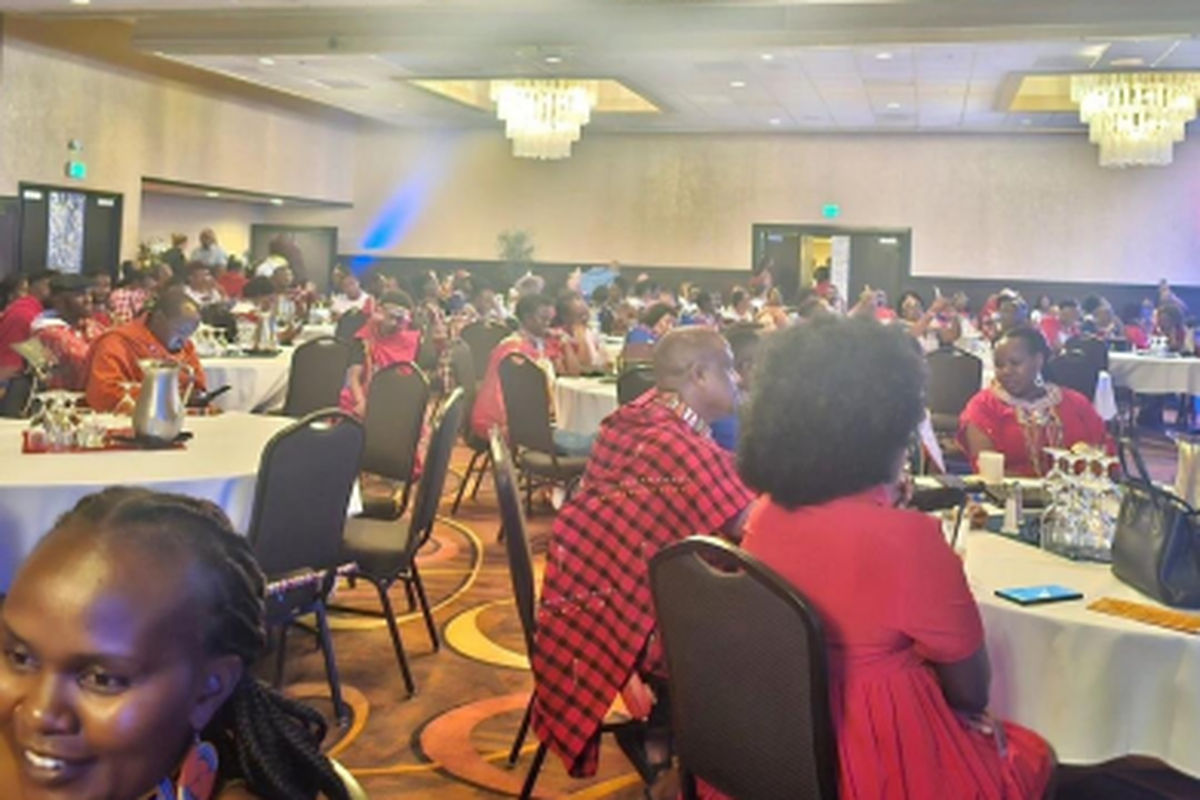As semi-nomadic pastoralists the Maasai keep and move their herds of cattle, goats, and sheep across vast areas in search of grazing pastures and water resources. A lifestyle adversely affected by the devastating impacts of climate change, land disputes and pressures of globalization in recent years. Regardless, while livestock remains central, many Maasai’s have diversified into businesses that align with their cultural practices, such as eco-tourism, farming, women making and selling traditional crafts and unique beadwork as a source of income.
In Africa and neighboring communities, the Maasai are known to be noble, peaceful, people of impressive physical appearance and character. However, the Maasai culture is threatened by assimilation and the dynamic trends that have engulfed many other cultures in the Africa. Maa, their language, is credited with holding this culture together. (The Swahili have a saying “He that has no culture is a slave”).
While the Maasai culture is admired and celebrated globally, this patriarchal community is faced by a few challenges. High levels of illiteracy, prevalence of harmful traditional practices such as Female Genital Mutilation (FGM), and early child marriages. Formal education has for long eluded the Maasai primarily due to their nomadic lifestyle. Education is the great
equalizer and critical in the world today. It is a means of overcoming poverty, increasing income, improving nutrition and health, and overall improving the quality of life, all of which the Maasai have fallen short of.
Maasai men and women have been deprived of an opportunity to engage in the decision-making processes, and the inability to take up leadership positions of governance as other tribes have been privileged due to having access to education.
We are here to change that!
The Maa Diaspora Conference and festival was held in Spokane, Washington between 1st- the 4th of August 2024 at Mirabeau Park Hotel & Convention Center, USA.
About 500 members of the Maasai community from the diaspora travelling, studying, working or living abroad converged in Spokane, Washington to celebrate their Maasai roots and to seek ways to shape the future of their community.
About the Author: I am Charity Resian, a Maasai woman, journalist, humanitarian/Anti FGM Activist. I hold a Master of Arts (MA) in International
Humanitarian Action (NOHA) from Uppsala University, Sweden, and a Bachelor degree in Communication and Media studies. I am a woman rights, social activist, passionate about community, social justice, race, philanthropy, media and culture. My passion emanates from my personal lived experiences
growing up in rural Kenya and living in different countries as a Black woman.
